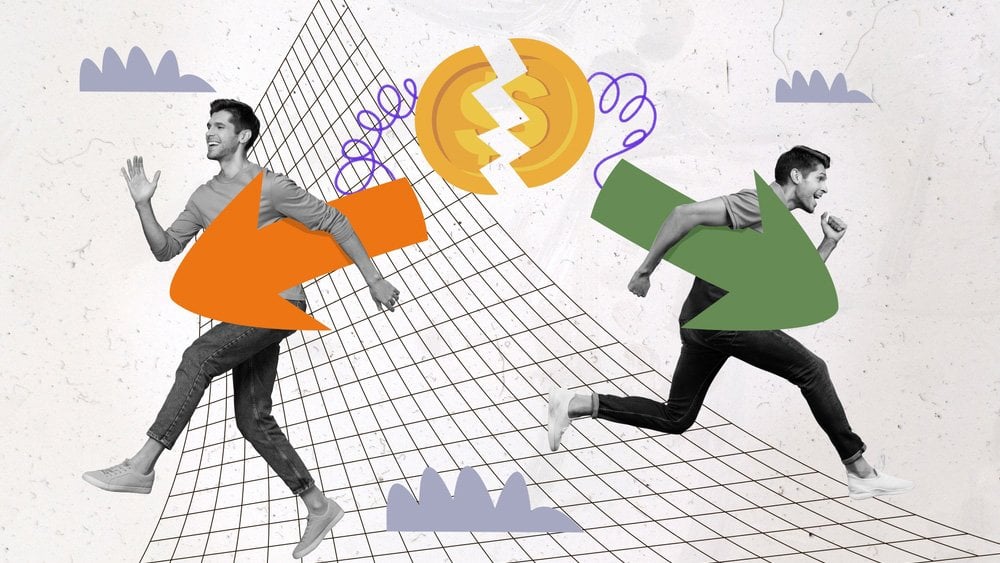
Will we one day be able to trade stocks without a brokerage or pay for goods with a currency that has no central issuer? With Bitcoin, people can now do the latter. In the future, they may also be able to do the former, and much more, in a world where applications are open-source, commonly controlled, and operated without middlemen. This is the disruptive power of the blockchain, a revolutionary piece of software that can defy convention.
When Bitcoin creator Satoshi Nakamoto (a pseudonym—his actual identity is unknown) introduced the digital currency, people were mesmerized that a currency could exist without a central governing authority. It seemed like magic, but it wasn’t. Nakamoto developed a tool known as the blockchain, which allows Bitcoin to become decentralized and independent from a central authority. The blockchain has escaped the spotlight until now.
In simple terms, the blockchain is a public database that stores and validates Bitcoin transfers. It can be replicated or modified to decentralize many online transactions, like stock trading, that have historically been managed by a third party. Normally when you want to trade stocks, you must use a brokerage service like ETrade or Scottrade to process each transaction. Those platforms in turn charge you a commission fee. If the blockchain technology was applied to stock trading, a network of computers donated by humans could process each trade instead of a brokerage service. No third-party or middleman fees would be involved. Stock trading might become autonomous and independent of a central authority thanks to the unique blockchain architecture.
But the real genius of Bitcoin’s blockchain is that its underlying technology and concept is not limited to financial instruments or data. Email, voting, and cloud storage are just a few applications that could also be decentralized. As long as there is an active community of volunteers that donates computers and resources to record and validate transactions in such a system, any application should be able to operate autonomously without third party oversight or control.
To enable such radical innovations, a programmer named Vitalik Buterin and his co-founders created Ethereum, a new platform and programming language inspired by the Bitcoin blockchain that will allow developers to build decentralized applications. Like many entrepreneurs, Buterin is trying to solve what he sees as a problem: people entrusting companies with their personal information and money. He believes technology breakthroughs like Ethereum will put an end to that.
Fred Wilson of Union Square Ventures is especially excited about the blockchain, and believes the technology could dramatically change how we share and store personal information, particularly services that represent our online identity. “Right now you need someone to be the arbiter of identity—either Facebook, Twitter or Google—somebody who developers can use for login and other information sharing. I think you could do the same thing with a blockchain architecture, where there is no third party, there is no clearinghouse of identity information,” Wilson said at TechCrunch Disrupt at New York City. With its apparently limitless potential to disrupt industries, Wilson thinks the blockchain architecture could eventually trump the controversial digital currency that it underpins. (He has invested in several Bitcoin-related startups.)
Picturing a world of decentralized applications is no longer farfetched. Bitcoin is the testing ground for the blockchain concept. And although the controversial digital currency has not conclusively demonstrated its value to people around the world, there is reason to believe that at a minimum the blockchain may live on in services and platforms we will use regularly. Provided that services built on top of the blockchain technology have the resources and community of volunteers required to function smoothly, a future with many decentralized applications will not be far away.
Does Bitcoin Foreshadow a Decentralized World?
Will we one day be able to trade stocks without a brokerage or pay for goods with a currency that has no central issuer? With Bitcoin, people can now do the latter. In the future, they may also be able to do the former, and much more, in a world where applications are open-source, commonly controlled, and operated without middlemen. This is the disruptive power of the blockchain, a revolutionary piece of software that can defy convention.














